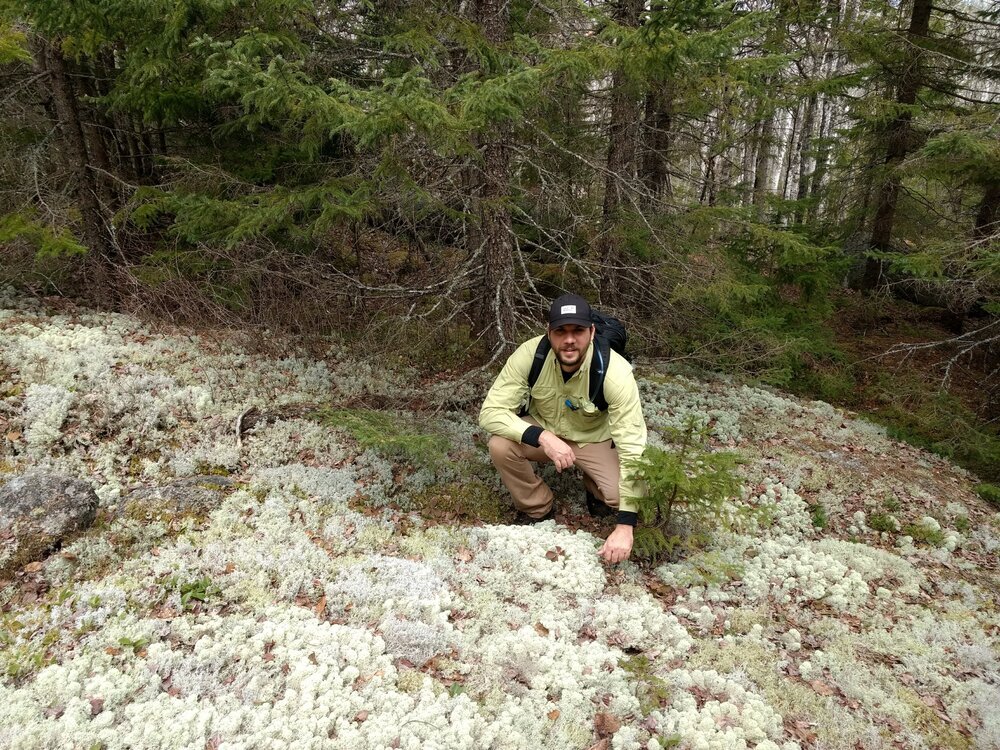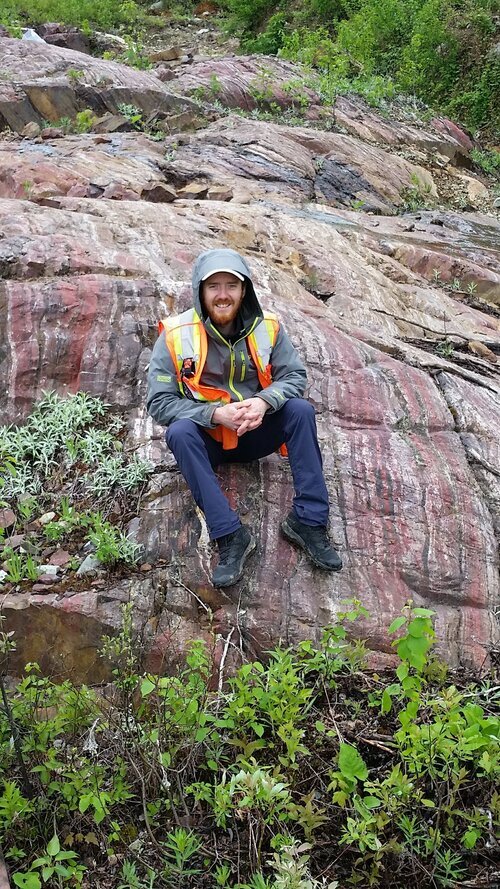It is pitch season. The Saint Mary’s University Entrepreneurship Centre (SMUEC) is hosting a new pitch competition styled after the famous NCAA March Madness basketball competition. Sixty-four student entrepreneurs from 25 post-secondary institutions across Canada have been selected to compete head-to-head as they strive to be declared the best in the country.
“When we began planning for our latest pitch competition, we asked ourselves, how do you engage students in an online world? How do you make things exciting and interesting? This competition is our answer,” says Michael Sanderson, Director, SMUEC. “Students will share their business ideas before panels of expert judges made up of successful entrepreneurs from across the country. The event will have a big match feel, with prizes to match.”
Student participants will receive the date and time of their pitch session, a pre-existing pitch rubric, and a list of questions that will be randomly posed at presentation time. Participants will have development sessions to prepare them for their month-long battle to victory. After the final events, the student entrepreneur with the best idea or business will win the grand prize.
The Government of Canada, through the Atlantic Canada Opportunities Agency (ACOA), provided SMUEC with a $132,111 non-repayable contribution to carry out this competition along with other student entrepreneurship and business skills training activities.
“Students and young entrepreneurs breathe new life into the start-up community,” says Andy Fillmore, Parliamentary Secretary to the Minister of Infrastructure and Communities and Member of Parliament for Halifax. “Our support for projects like this one helps new ideas take shape, builds a diverse economy and sets our business leaders of tomorrow up for success.” PS Fillmore made the announcement on behalf of the Honourable Mélanie Joly, Minister of Economic Development and Official Languages and Minister responsible for ACOA.
“Metronome United is honoured to be presenting the March Madness Pitch Competition in partnership with Saint Mary’s University Entrepreneurship Centre,” says Shannon Susko BComm’89 BSc’92, SMUEC Entrepreneur-in-Residence, and the Founder & CEO of Metronome United. “I love having the opportunity to help young entrepreneurs get focused on their business. I remember being a young entrepreneur in my early 20’s and I want to ensure that no one goes through the struggles I went through growing my companies. This is a wonderful opportunity for entrepreneurs to take the next step in becoming the leaders of tomorrow. I look forward to seeing all applications come through and work with the winning recipients.”
The brackets, along with times for the Facebook Live event for each head-to-head battle, will be posted in the competition bracket located on the competition page of the SMUEC website. All times are set at the competition’s outset allowing students who make it through each round to encourage friends, family, and other supporters to log on to view their next pitch. This also allows the pitch competition to become a spectator sport, with anyone from the community can watch any head-to-head matchup.
To participate, or learn more, visit https://smuec.ca/march_madness/.
















